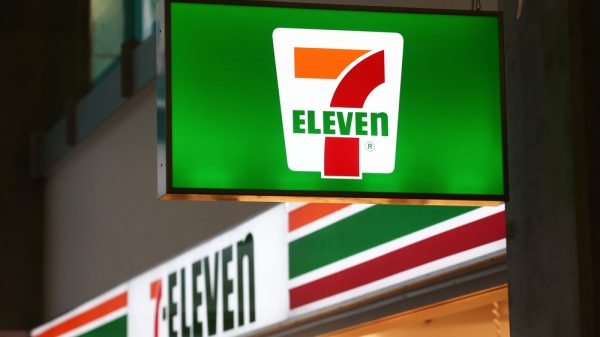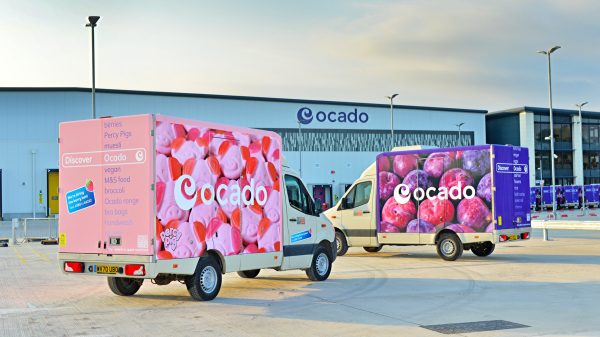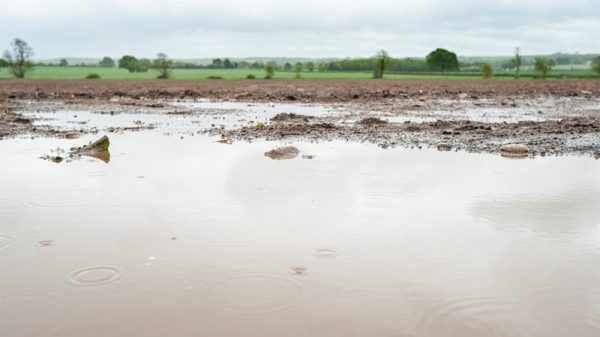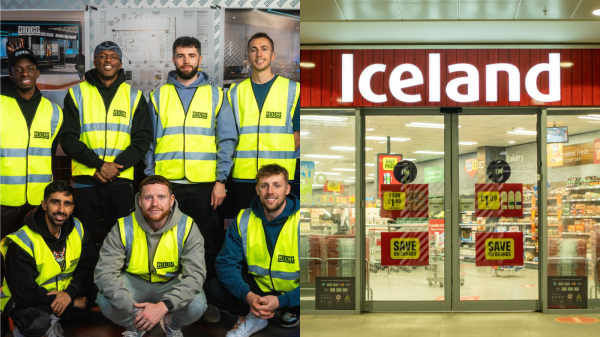Climate coalitions and environmental organisations have launched a new ‘123 Pledge’ which looks to accelerate action to reduce food waste and loss worldwide.
Coordinated by Champions 12.3, UN Environment Programme (UNEP), UN Food and Agriculture Organization (FAO) and supported by WRAP, WWF, and Rabobank, the pledge looks to challenge governments, businesses and chefs who have important parts to play in the food system, to commit to steps in helping to reduce food loss and waste.
This comes as world leaders meet at Cop27 for the annual climate change summit, where food for the first time is taking centre stage in looking to transform the system and reduce greenhouse gas (GHG) emissions.
According to these environmental organisations, 14% of food is lost in the food supply chain from post-harvest and 17% of food is wasted at retail and consumer level.
As a result, this costs the global economy over £841 million annually and is responsible for more than four times the GHG emissions of all annual aviation combined.
Subscribe to Grocery Gazette for free
Sign up here to get the latest grocery and food news each morning
“Food loss and waste drives up to 10% of planet-warming greenhouse gas emissions, yet just a handful of countries mention it in their national climate plans. None of the world’s biggest emitters are on that list,” World Resources Institute senior fellow and director of food loss and waste, Liz Goodwin said.
“Despite some real bright spots, the world is woefully behind where it needs to be. Without real action to halve food loss and waste, it will be very difficult to solve the climate crisis.”
For groups taking the ‘123 Pledge’, requirements including a climate angle, being timebound and measurable must be met to ensure transparency toward a worldwide goal of halving food loss and waste by 2030.
These commitments also need to tie to either integrating food loss and waste strategies into country and climate change strategies, along supply chains, stimulating action at a national and subnational level, measuring, reporting and creating policy and regulatory frameworks or supporting behaviour change at consumer level.
Commitments which have already been pledged include from Unilever, which will continue to focus on halving food waste in its direct operations by 2025 and WRAP, which has pledged to deliver food loss and waste projects aligned with the Pledge impact areas in countries with a combined population of over one billion by 2030.










